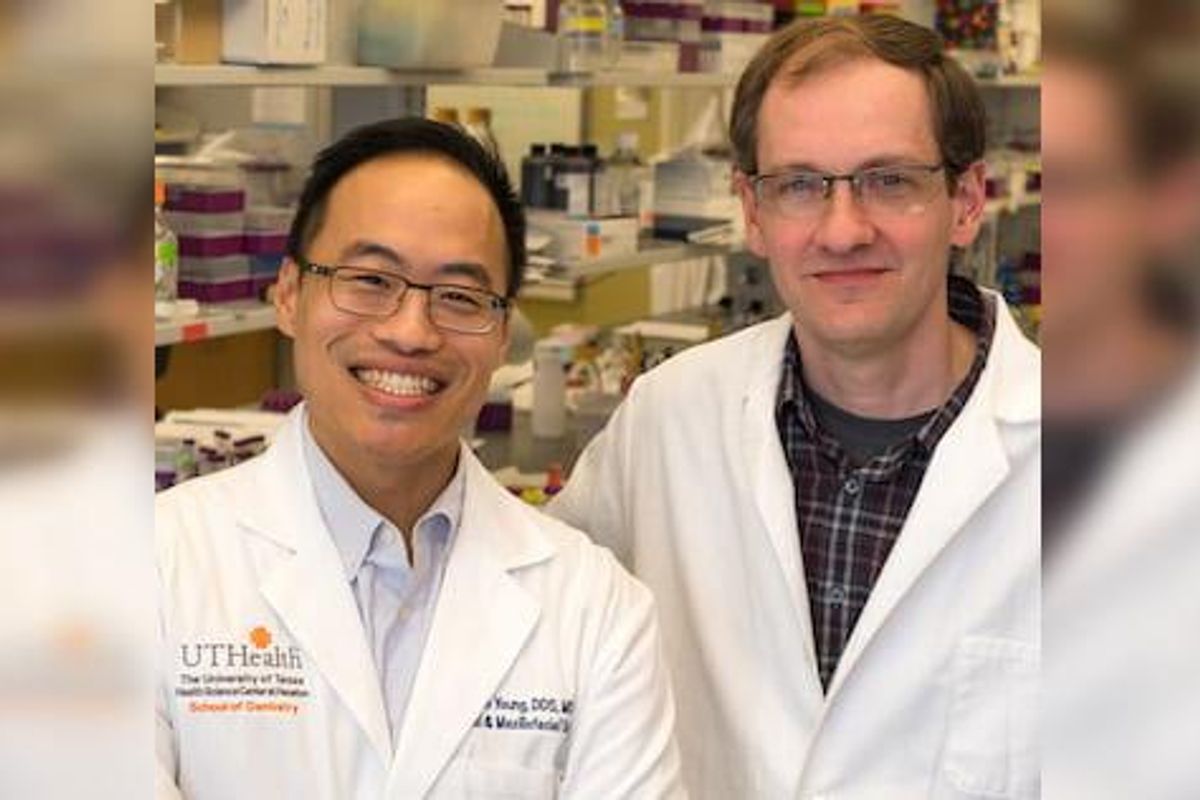Houston scientists create platform for long-lasting, precise drug delivery
drug breakthrough
A team of Rice University scientists has developed a new drug delivery platform that researchers say can slow the rate of drug release, which has major implications for drug efficacy and potentially cancer immunotherapy.
The research was published in Nature Nanotechnology, and supported by the National Science Foundation, the National Institutes of Health, the Cancer Prevention and Research Institute of Texas and the Welch Foundation.
In the study, the team demonstrated how a peptide hydrogel functions as a three-dimensional network that controls the rate of release across a range of medication types, including small-molecule drugs and biologics such as insulin and antibodies. The system, called self-assembling boronate ester release (SABER), uses reversible chemical bonds between the peptide and the drug molecule to extend the duration of drug release. Instead of passing quickly through the net, the drug gets temporarily “stuck” each time it binds to the peptide, which slows its passage out of the hydrogel, according to Rice.
The researchers formulated a tuberculosis-treating drug into a hydrogel. They used it to treat infected mice with a single injection of the drug-laden hydrogel. In the test, the hydrogel outperformed almost daily oral administration of the medication over two weeks. Insulin packaged in SABER hydrogels successfully controlled blood sugar levels in diabetic mice for six days in another set of experiments.
Brett Pogostin, a Rice doctoral alum who led the development of SABER and served as first author of the study, began working on self-assembling peptides as an undergraduate student at Rice. Jeffrey Hartgerink, a professor of chemistry and bioengineering at Rice, and Kevin McHugh, associate professor of bioengineering and chemistry and a Cancer Prevention and Research Institute of Texas scholar, advised Pogostin and served as corresponding authors on the study.
Pogostin’s work aimed to bridge foundational materials research and biomedical applications. SABER was inspired by a drug delivery course taught by McHugh, where Pogostin learned about dynamic covalent bonds used in glucose sensing, where the bonds reversibly form and break apart. That quality inspired Pogostin to adapt the concept for drug delivery.
“Brett really drove this project in a way that is, in my experience, unusual for a graduate student,” Hartgerink said in the news release. “It’s a very versatile approach. You can make both small-molecule drugs and very large biologics sticky with the type of chemistry that Brett developed.”
The team demonstrated the platform in two different use cases with Tuberculosis and Type 1 diabetes, with SABER simplifying dosing and enhancing the efficacy of the drugs. Hartgerink described the current SABER system as “generation one,” and plans to work to make it widely applicable. He is looking into how SABER could be applied to cancer immunotherapy.
“What I’m really passionate about right now is cancer prevention — trying to think about how we can use materials to prime the immune system to prevent cancer from ever happening as opposed to just treating it,” Pogostin added.
- Rice research breakthrough paves the way for advanced disease therapies ›
- 3 Houston cancer-focused research projects receive seed grants from new innovative initiative ›
- Houston students develop new device to prepare astronauts for outer space ›
- 2 Houston universities excel on 2026 list of best U.S. colleges ›




